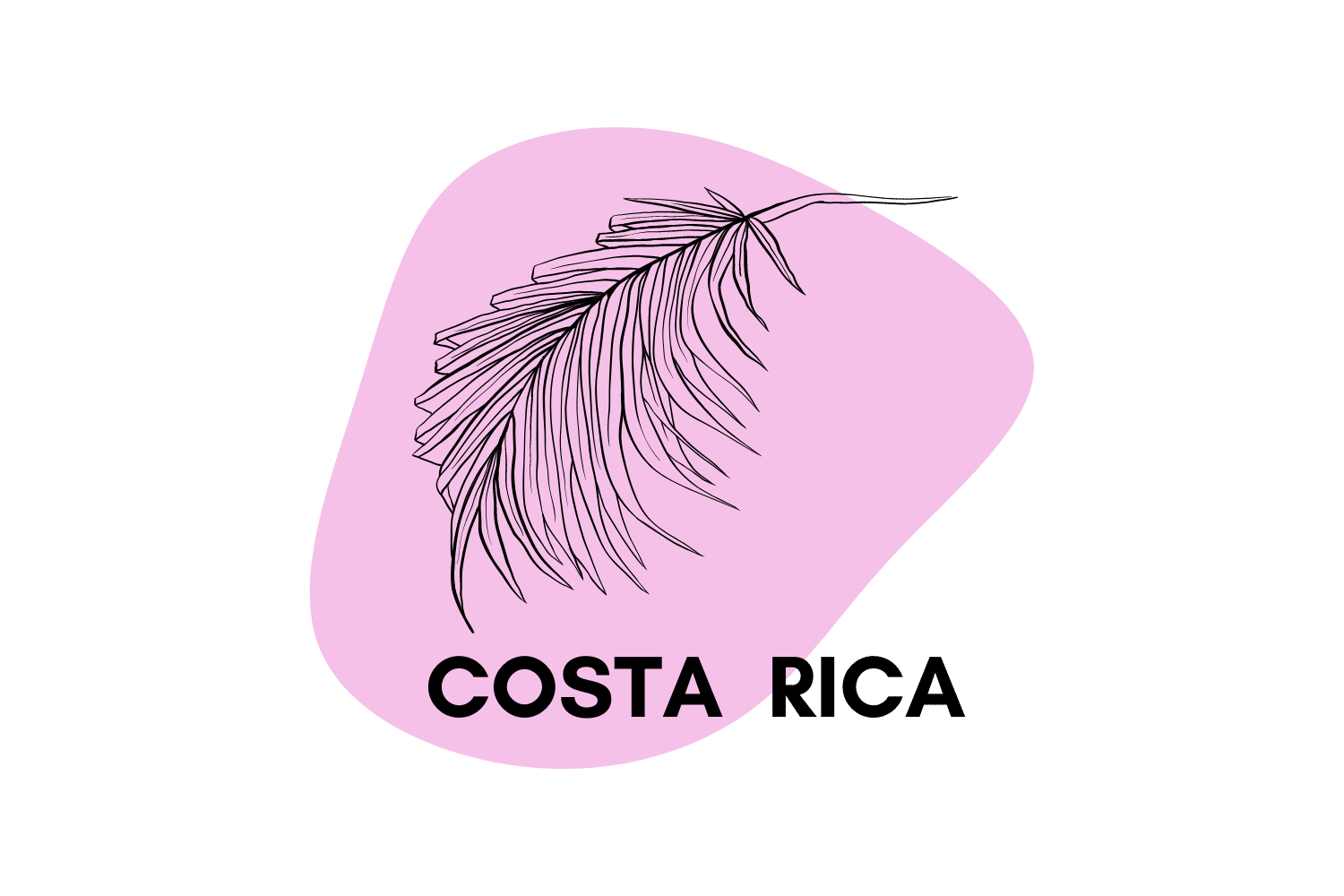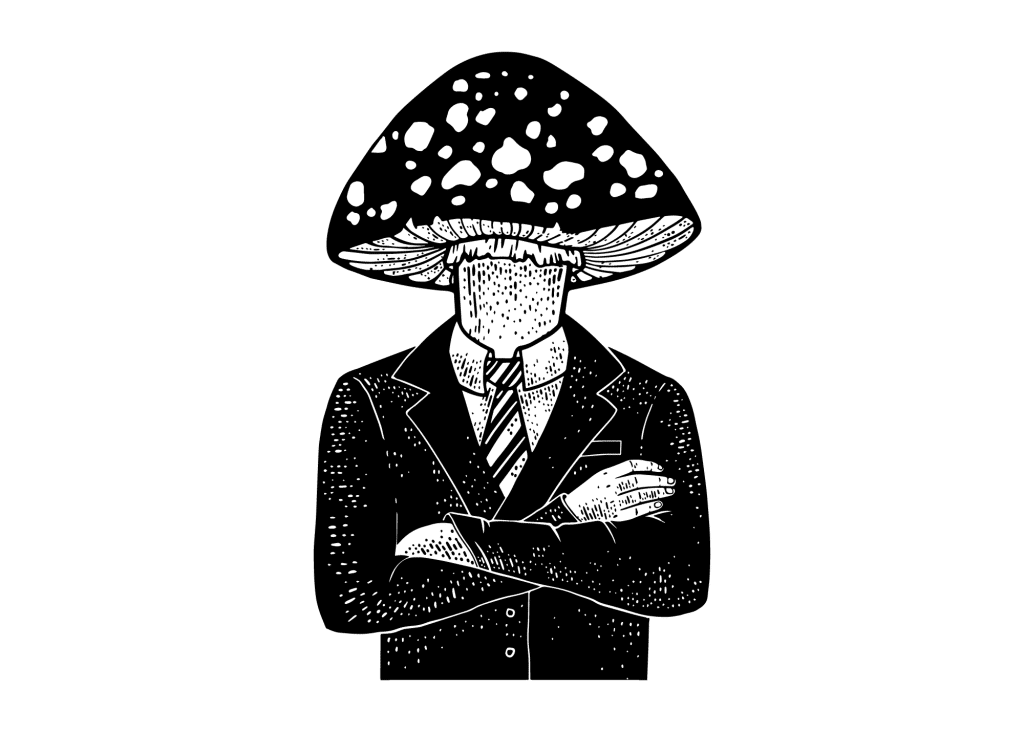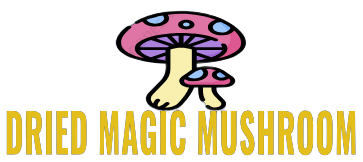Crystal meth, DMT, Ecstasy, Ecstasy, LSD, Magic Mushrooms, psychedelics
Are Magic Mushrooms Legal In Costa Rica?

Are magic mushrooms legal in Costa Rica? Costa Rican law prohibits the possession, sale, and manufacture of virtually all psychedelic substances, such as magic mushrooms, LSD, MDMA, psilocybin, and ketamine.
The penalty for breaking this is between 8 and 15 years in prison for any substance.
This article will explain what laws regulate this, what happens if we buy spores, and the future of drug decriminalization in Costa Rica.
Summary of Psychedelic Drug Laws in Costa Rica
- Costa Rica legalized marijuana for medical use in 2022.
- Trafficking, producing, and selling carries 8-15 years in prison.
- Possessing, without authority, precursors, chemicals, solvents, or other substances that may be used for processing drugs or their derivatives carries 1-3 years in prison.
Sources:
- About drug law reform in Costa Rica- Trans National Institute
- Expediente 21.388- CANNABIS LAW FOR MEDICINAL AND THERAPEUTIC USE AND HEMP FOR FOOD AND INDUSTRIAL USE
- Local laws and customs – Costa Rica travel advice – GOV.UK
- COMPREHENSIVE REFORM OF THE LAW ON NARCOTIC DRUGS, PSYCHOTROPIC SUBSTANCES, NON-USED DRUGS AUTHORIZED AND RELATED ACTIVITIES
- Law No. 8204: Complete Revision of the Law on Narcotics, Psychotropic Substances, Drugs of Unauthorized Use and Related Activities:
Are Magic Mushrooms Legal In Costa Rica?
Magic mushrooms are technically banned throughout Costa Rica. Psilocybin is specifically named in the latest revision of the List of Controlled Substances (2020).
This list implies magic mushrooms have a high potential for addiction — a notion that’s now outdated. Researchers at John Hopkins Medicine are calling for psilocybin to be reclassified due to its low potential for abuse and clear evidence of its medicinal value.
Costa Rican law does not distinguish between the different drugs but instead stipulates a fixed penalty for selling or possessing any drugs mentioned in the list. This penalty consists of 8 to 15 years imprisonment according to Law 8204.
Although the laws do not mention magic mushroom spores (which are legal in most other countries) — however, this doesn’t mean spores are legal in Costa Rica.
With that said, Costa Rica has proven to be very relaxed in terms of enforcing these laws. Magic mushroom use is widely accepted here, and it’s rare for anybody to be convicted for being in possession of psychoactive plants or fungi.
Related: Where Are Magic Mushrooms Legal?

Do Magic Mushrooms Grow Wild in Costa Rica?
Yes, you can find magic mushrooms abundantly in Costa Rica.
Specifically, in Costa Rican soil, you can find species of magic mushrooms such as Panaeolus cyanescens in cattle dung, Psilocybe braziliensis in tropical forests, and Psilocybe aztecorum, traditional of the Aztecs, in pine forests.
What Are the Medicinal Uses of Shrooms?
In recent years there have been significant advances in research regarding the medicinal use of psychedelic mushrooms.
Scientific teams, mainly based in North America and Europe, have shown that psilocybin may help patients with depression, post-traumatic stress disorder, addiction, cluster headaches, and existential anxiety (used in palliative care).
Moreover, magic mushrooms and other psychedelics have been shown to improve problem-solving skills and boost creativity.

Is LSD Legal In Costa Rica? | Are magic mushrooms legal in Costa Rica?
No. LSD (lysergic acid diethylamide) is illegal in Costa Rica.
Although the Costa Rican Drug Institute considers LSD to have no physical adverse effects or addictive potential, this substance is still criminalized.
You can find LSD on the Controlled Substances List, and its possession is punishable by 8 to 15 years in prison.
The manufacture and sale of both precursors and analogs of LSD carry the same penalty. Its most famous drug analog, 1P-LSD, however, is not prohibited. Nevertheless, given that Costa Rican law is a grey area, we advise you to proceed with caution.
Is MDMA Legal In Costa Rica? | Are magic mushrooms legal in Costa Rica?
MDMA (ecstasy) is illegal in Costa Rica.
Costa Rican law treats MDMA and LSD equally, putting them in the same category (dangerous substances). This means that selling, manufacturing, or possessing ecstasy can lead to a sentence of between 8 and 15 years in prison.
Many countries are beginning to take steps towards legalizing MDMA-assisted psychotherapy because of its proven therapeutic uses. However, Costa Rica has not yet discussed the issue.
Costa Rican Drug Institute even has outdated information on its webpage, arguing that ecstasy can lead users to suffer from depression or anxiety.
Is Ketamine Legal In Costa Rica? | Are magic mushrooms legal in Costa Rica?
Ketamine has been legal for use in therapy for many years already.
It’s primarily used as an anesthetic, but regulators are exploring its use in the treatment of depression and post-traumatic stress disorder as well.
Recreational use of ketamine is banned, and offenders could face up to 15 years in prison.
What’s The Difference Between Legalization & Decriminalization?
The main difference between legalization and decriminalization is that legalizing a substance entails removing all penalties for possession. On the other hand, decriminalization only reduces the penalties and does not legalize its use.
This is not to say that decriminalization is not advantageous, as it can lead to fewer people in jail, more assistance for people suffering from addiction problems, and significant relief for the justice system as a whole.

Key Takeaways: What’s The Future of Psychedelics in Costa Rica?
Several countries worldwide, such as the United States, Portugal, and the Netherlands, are on the road to legalizing certain psychedelic substances for medicinal use.
However, Costa Rica has lagged in this discussion — even by regional standards.
Despite being one of the most forward-thinking countries in Central/South America, regulators have paid little attention to the advancements in psychedelic research.
However, a big step in the right direction is the preliminary approval of Bill 21388, which proposes legalizing and regulating cannabis for medicinal use.
We don’t expect to see psychedelics become legal or decriminalized in Costa Rica within the next 12 months — but we do expect to see some changes by the end of 2023.
